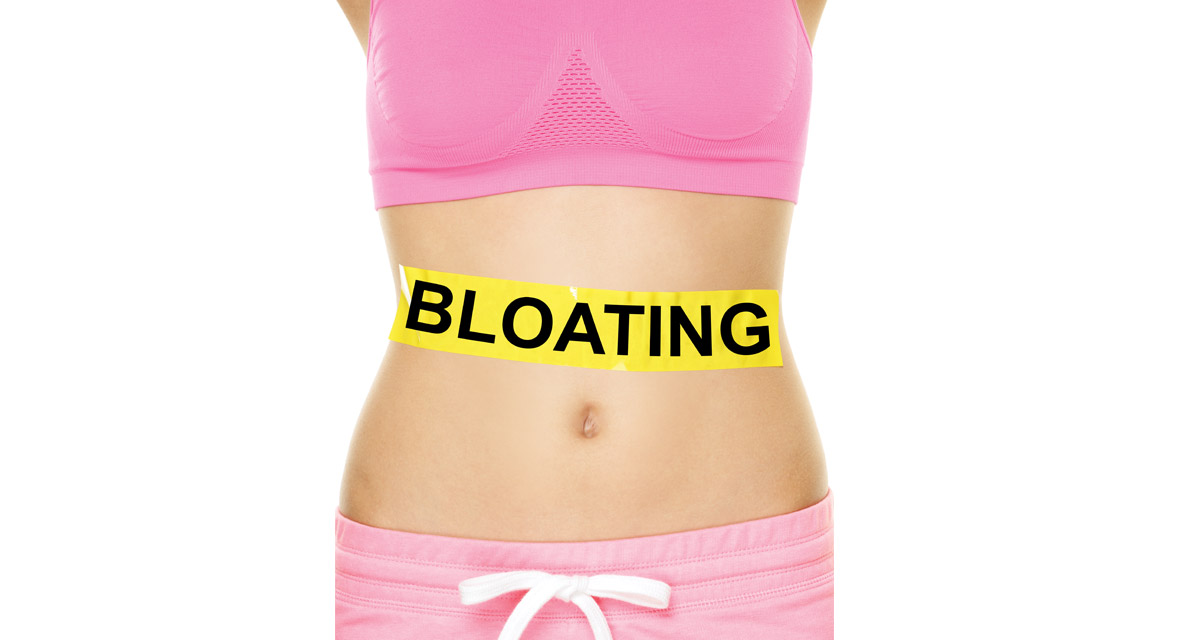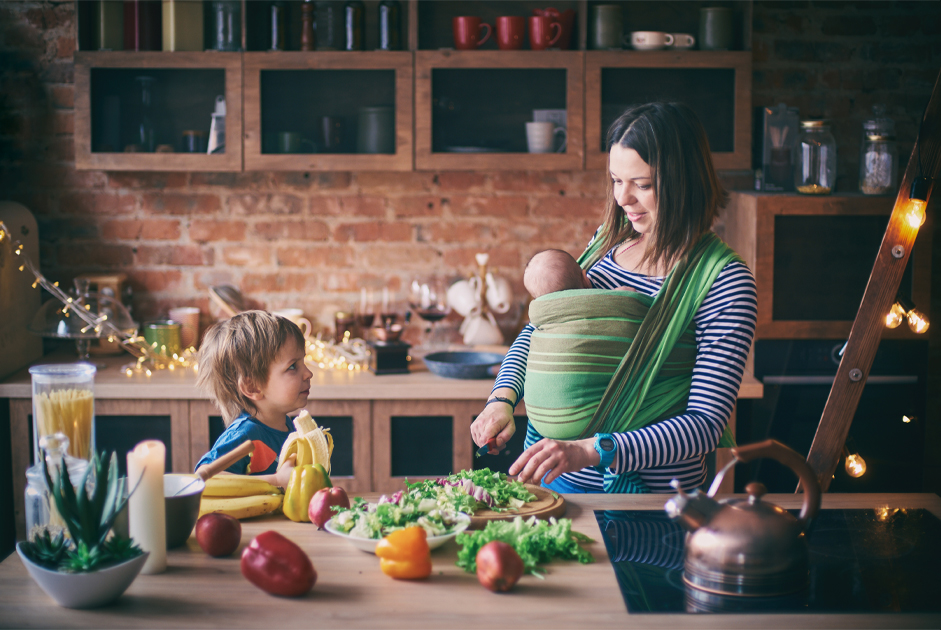Of all the visitors you pray will not arrive at Thanksgiving dinner, bloating is likely to appear with a vengeance. The temptation of raising the fork well after the sensation of fullness causes our stomachs to stretch to accommodate the volume of food. As the muscles expand, the effect can be intense, such as a sharp persisting pain. The prevention of overeating, especially on a day which emphasizes two words—“Gobble, gobble!”—is difficult. Fortunately, the solution can help not just on Thanksgiving, but daily!
Don’t Grab the Dinner Plate
It is just a category. Dinner plates are not the obligatory choice for specific meals; instead, choose the dish that suits small portions. Dessert plates ease the temptation to consume every space with food. While it is a wise choice during holiday meals, it is a good idea for every day of the week!
Gas-Producing Foods
Some of our favorite greens, such as asparagus, broccoli, Brussels sprouts, cabbage, and kale, contain a sugar termed raffinose. Although it creates a healthy bacterium to help break down and digest foods, the greens also cause intestinal gas.
The list expands to include:
- beans and lentils;
- fructose;
- lactose, the natural sugar found in milk;
- starchy foods, such as corn, pasta, and potatoes;
- foods high in soluble fiber, like fruits and oat bran;
- whole grains, such as brown rice, whole wheat, and oatmeal.
While it may seem that all food causes gas, that notion is not entirely false. Gas is a natural outcome of eating; however, to reduce pressure, consider smaller portions, steaming vegetables, and avoiding greasy, or high-sodium meals.
Changing Habits
Water retention and bloating are two separate conditions. It is harmful to the body to eliminate water intake from a diet to help prevent bloating. The body needs water to dissolve nutrients, eliminate waste, and aid systems to function correctly. When the body fails to release water, the result is water retention, usually connected to an increase of blood pressure on the capillaries. The irregular changes have a two-part affiliation—poor eating habits and a potentially medical condition.
What Should I Eat and Drink?
We all have choices. And, often, our hunger encourages poor decisions, such as reaching for cookies, potato chips, or an alcoholic beverage in the late evening. We find comfort in particular tastes. Alcohol, for instance, causes dehydration and inhibits digestion. And, since the body switches the processing from food to digesting alcohol, the result can leave you with a bloated, pained stomach. The better choice is water or tea. Fluids which include natural herbal additives and no sugar are the absolute key for optimal digestion.
What else?
- Bananas: Packed with potassium, which counteracts the effects of sodium and water retention, can help regulate belly bloating.
- High-Fiber: Rather than eat a low source of fiber found in white rice and bread, switch to whole wheat. Start eating more acorn squash, nuts, carrots, a variety of berries, and sprinkle chia and flaxseed into your meals.
- Take time to eat eggs for breakfast to promote energy.
- Coffee lovers may not like the suggestion; however, consider drinking Chai tea, which settles the digestion.
- Eat a small-portioned meal every three hours to fulfill your hunger. Try apples dipped in peanut butter, hummus on vegetables, or yogurt with granola.
- Allow your body to digest the evening meal; therefore, if possible, eat early.
- Avoid actions that cause air to be swallowed, such as chewing gum, drinking through a straw, or eating quickly.
Pamper Yourself
Women are so busy taking care of children and pets, household responsibilities, and working that they forget to pamper their bodies. Get outside at least three times a week and alternate the activities of walking, riding a bike, and perhaps some form of physical activity. Ah yes, yard work will also resolve that objective!
Once weekly, fill the bathtub with warm water and pour in two cups of Epsom salts. While your body will absorb the magnesium, an electrolyte, it will extract any excess water out of your body. (To avoid dehydration and sickness, do not soak more than once a week.) Best of all, treat yourself to letting go of the day by sitting still and meditating. Breathing exercises through yoga can encourage peaceful and deep sleep throughout the night!




















